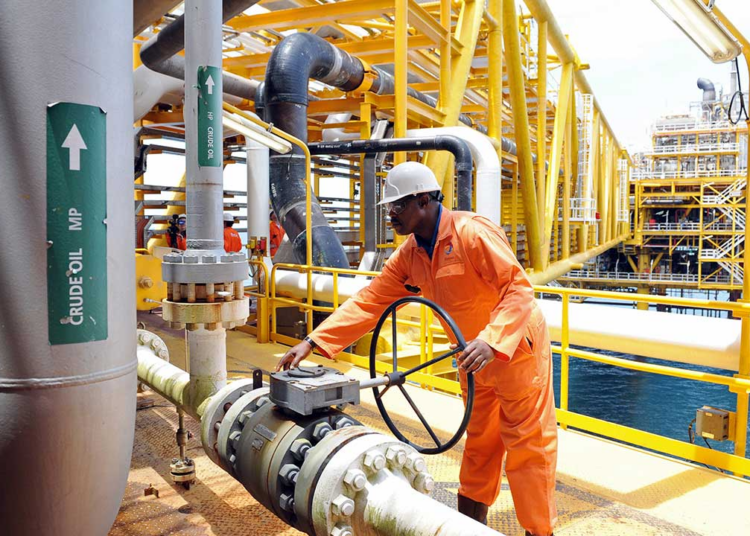Key players in the oil and gas industry have called on the newly appointed board of the Nigerian National Petroleum Company Limited (NNPCL) to focus on optimizing oil-producing assets and reviving refineries to boost sector growth.
Expressing confidence in the expertise of the new team, industry analysts emphasized the need to enhance oil production from mature fields and rejuvenate idle assets. They believe these efforts will unlock Nigeria’s economic potential and drive sustainable growth.
Stakeholders argue that optimizing these assets will generate value for Nigerians and stimulate development across critical economic sectors.
Call for Transparency and Private Sector Collaboration
Reacting to the appointment of Bayo Ojulari as NNPC’s new Group Chief Executive Officer (GCEO), Second Vice President of the Nigerian Gas Association (NGA), Chichi Emenike, stressed the importance of transparency and accountability in line with global best practices.
Emenike, also the Vice President (Upstream) for Women in Energy and Acting Managing Director of Neconde Energy Limited, urged the new management to restructure partnerships between NNPC and private sector players. She emphasized that creating a favorable investment environment would be key to attracting funding for oil field development.
She also highlighted the need for increased opportunities in the midstream sector, particularly in gas production. Despite Nigeria’s vast gas reserves, Emenike lamented that the country has yet to fully maximize its potential for economic growth.
Calls for Refinery Resuscitation and Global Partnerships
Billy Gillis-Harry, National President of the Petroleum Retailers Outlets Owners Association of Nigeria, urged NNPC to expand its partnerships with international entities to enhance oil and gas operations.
He noted that NNPC’s transition into a private company presents new opportunities for profitability and growth. However, he stressed that addressing challenges such as domestic refining, operational inefficiencies, and transparency issues is crucial.
Gillis-Harry suggested that NNPC could learn from other national oil companies (NOCs) worldwide and adopt sustainability initiatives to ensure long-term success. He also recommended regular engagement with stakeholders to improve communication and operational efficiency.
Meanwhile, industry experts have called for the full revival of Nigeria’s public refineries. They argue that doing so would enhance supply chain efficiency, reduce reliance on imports, and prevent monopolistic control in the sector.
Tinubu Restructures NNPC Board
President Bola Ahmed Tinubu approved the restructuring of the NNPC Board on Wednesday, removing previous members appointed alongside Mele Kyari and Pius Akinyelure in November 2023.
According to a statement by Presidential Adviser Bayo Onanuga, the new 11-member board is led by Bayo Ojulari as Group CEO and Ahmadu Musa Kida as Non-Executive Chairman.
Adedapo Segun, who replaced Umaru Isa Ajiya as Chief Financial Officer in November 2023, has been confirmed as a board member.
Other board members include six non-executive directors representing Nigeria’s geopolitical zones:
- North West – Bello Rabiu
- North East – Yusuf Usman
- North Central – Babs Omotowa (former MD, NLNG)
- South South – Austin Avuru
- South West – David Ige
- South East – Henry Obih
Additionally, Mrs. Lydia Shehu Jafiya will represent the Federal Ministry of Finance, while Aminu Said Ahmed will represent the Ministry of Petroleum Resources.
All appointments take effect from April 2, 2025.
Strategic Focus for NNPC’s Future
President Tinubu, invoking Section 59(2) of the Petroleum Industry Act (PIA) 2021, emphasized that the board restructuring aims to enhance operational efficiency, restore investor confidence, boost local content, and advance gas commercialization and diversification.
As a priority, the new board has been tasked with conducting a strategic portfolio review of NNPC-operated and Joint Venture assets to ensure they align with value maximization goals.





